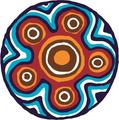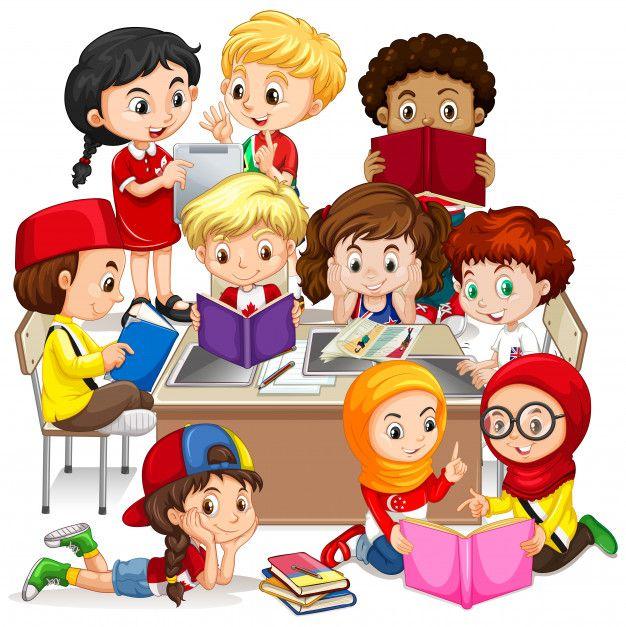Year 3 Term 3 Overview

Year 3 Term 3 Curriculum Outline
Welcome back!
Welcome back to another term of incredible learning and self development at DCC to our existing families, and a big WELCOME to all our new families joining us this term! We have spent the beginning of the term re-establishing routines and expectations of a Grade 3 student, while also exploring famous Indigenous athletes. We continue to work really hard to develop strong relationships with each child and an understanding of your child and their learning needs, and are looking forward to seeing what each child can achieve throughout the term.
Term 3 Learning:
In Reading, we will be unpacking thinking critically about a text as well as using text clues and prior knowledge to infer. Students will access a range of text types and continue to explore previously learnt strategies.Students will also continue to synthesise and summarise a range of texts. To continue the success of last term we will continue to identify the different text features in both non- fiction and fiction texts and explore the purpose of each of those features.
In Writing, the students will be continuing work with the 6+1 Writing Traits. Through a focus on information reports and poetry they will continue to develop their knowledge around finding a topic, crafting sentences with varying beginnings, using the perfect word in the perfect place, and using techniques that make their writing stand out, while consolidating their spelling, punctuation, grammar knowledge and handwriting skills.
In Numeracy, we have started learning about fractions of a whole and of a collection.. Students have worked developing their knowledge of fractions by splitting shapes into equal parts as well as putting a fraction on a number line.
Financial maths is another unit that students will continue to explore. During this unit they will continue to learn to represent money values in multiple ways and count the change required for simple transactions to the nearest five cents.
Multiplicative thinking is a unit that will continue to be taught to students throughout the duration of the year as it is considered ‘a big idea’ in years 3 and 4. They will be taught strategies in order to recall multiplication facts of two, three, five and ten and their related division facts. They will also be taught how to represent and solve these problems using efficient mental and written strategies.
This term our Social and Emotional learning will focus on stress management and help seeking. They will identify and explore different strategies to deal with stress and the various people that they are able to seek to support them. Students will be able to identify which of the strategies best work for them. Students will be able to articulate their feelings with the Feelings Faces display in the classroom, which communicates to the teacher how students are feeling. They will also be unpacking the importance of friendship, how to make and keep friends and how to also solve problems that may arise within friendships.
Within our Inquiry unit we are unpacking the driving question ‘How does the environment support life and what are our responsibilities?’. Students will be exploring the theme of sustainability and how to better take care of our environment. Students will also be gaining an understanding of the importance of Country and the Connection to Country through an indigenous perspective. This will allow students to understand the actions that they can take to create and maintain a sustainable community.
General Reminders:
- Please ensure that your child is at school and ready to learn at 8:40am.
- Please ensure that you check and log into Compass regularly, as these will be the main portals that we (the teachers) will communicate information with you on. Compass is also the place where you will be able to access your child’s goals and achievements, these will be released every five weeks and will tell you what your child has achieved in Reading, Writing, Numeracy and Inquiry/Social, as well as their next steps (goals).
- To help support students with their reading, we recommend using platforms such as Wushka and EPIC to choose books to also read at home. You can also use other books that you might have at home or may have borrowed from a local library. These books can be recorded in your child’s reading journal to track reading. Your child's teacher will have a day in which all satchels need to be returned so they can view, record and provide feedback on their nightly reading.
- Students are also expected to be borrowing books from the library weekly during your child’s library sessions. Please ensure students bring their reading satchel and/or their library to allow them to borrow. The library will not be allowing students without these to borrow books.
- To help keep your child safe please ensure that you are following the department mandates and getting your child to bring a mask to school.

